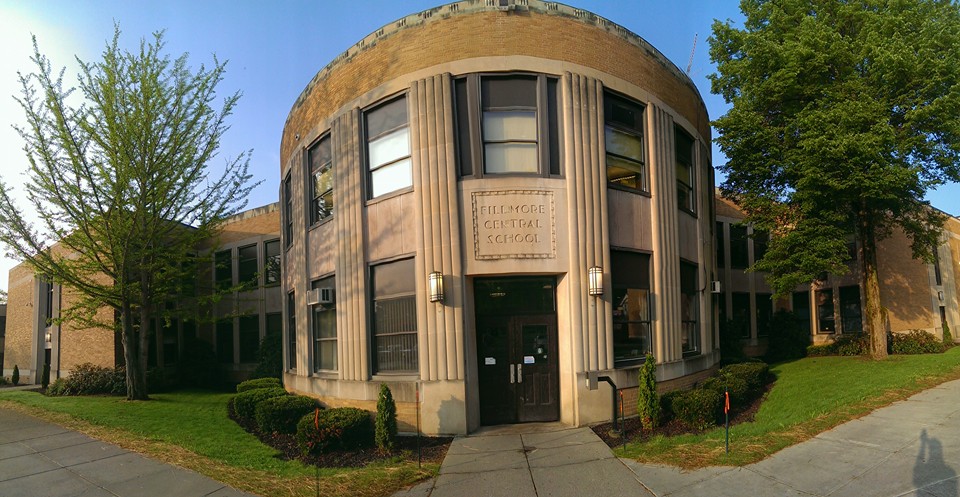Pontius Pilate asked Jesus of Nazareth, “What is truth”.
As far as Pilate was concerned, “truth” was just the “alternate fact” he needed to justify executing a carpenter to please the crowd.
Pilate would feel right at home in a place where last night’s tweets will be explained away in this afternoon’s press briefing
“What is truth?” How do we find it?
150 years ago, Henry David Thoreau was writing things that remain true even to this day. How did he do that?
His advice:
“Read not the Times. Read the Eternities”
How do we do that?
Step one, as I said last week, is to step back from the 24-hour news stream and read reports of events from a longer and deeper perspective. Don’t read the Tweets, read the Times, and newsmagazines and books. That will help you separate the true from the trivial — the signal from the noise.
However, I no longer think that reading what others have written about anything is as important as I once did. Now, it’s more important to read my own life.
My mother-in-law used to preface some of her sentences with the words, “Now this I know is true”.
How do YOU know what is true?
In his essay, “A Life Without Principle“, Thoreau was addressing people who were suffering, as we do, from information overload. Cheaper methods of printing created more newspapers — and a hunger for news — even fake news. An efficient postal service brought deliveries of mail twice a day in many places. America was polarized around issues of slavery and race, the dangers of allowing Catholic German and Irish immigrants into the U.S., and trade policies. They were also distracted by the promise of gold.
Thoreau suggests that instead of rushing off to California to dig a shaft straight down into the ground, people should dig down in the ir own lives. We can pan for the gold in our life experiences. The miner washes away gravel to find flecks of gold in the bottom of his pan because gold is heavier than gravel. It has more weight.
ir own lives. We can pan for the gold in our life experiences. The miner washes away gravel to find flecks of gold in the bottom of his pan because gold is heavier than gravel. It has more weight.
How do you dig a shaft and pan for the gold in your own life? How do you find the stuff that has weight in your life?
One way to do this is to keep a diary of your life’s experiences.
Thoreau wrote in his journal the first drafts of truths that became gold nuggets about the desperation with which most people pursue their lives; the importance of simplicity, and what it means to disobey unjust laws.
I admit that I’ve tried to journal off and on through my life and until recently it hasn’t done much good because I didn’t go back and read what I had written to see that I was saying and doing the same things over and over again. I couldn’t read my own handwriting. Using a word processor meant I would lose files when I upgraded.
I’ve been more successful recently using an app called Day One that allows me to tag entries so that I can go back and look at recurring themes.
As John Dewey said:
“We don’t learn from experience, but from reflecting on experience.
My mother-in-law didn’t keep a diary. She just got up before dawn, sat on her couch with a cup of coffee and a cigarette and thought about life.
I am not privy to her thoughts, and I’m pretty sure that the hour, the coffee and the cigarette are optional, but I do know that she must have reviewed her life in those hours and it enabled her to say about a few things, “This I know is true.”
 It takes time to dig into your life and sift the gold out of the gravel of your life experiences. It means you will miss some tweets. You will miss some news bulletins. You will miss some photos of what your “friends” had for dinner and a cat video or two. If that’s more important, so be it, but remember these words from Thoreau’s “Life Without Principle”:
It takes time to dig into your life and sift the gold out of the gravel of your life experiences. It means you will miss some tweets. You will miss some news bulletins. You will miss some photos of what your “friends” had for dinner and a cat video or two. If that’s more important, so be it, but remember these words from Thoreau’s “Life Without Principle”:
You may depend on it, that the poor fellow
who walks away [from the Post Office]
with the greatest number of letters,
proud of his extensive correspondence,
has not heard from himself this long while.
How do you read your life?
What truths are you finding?



